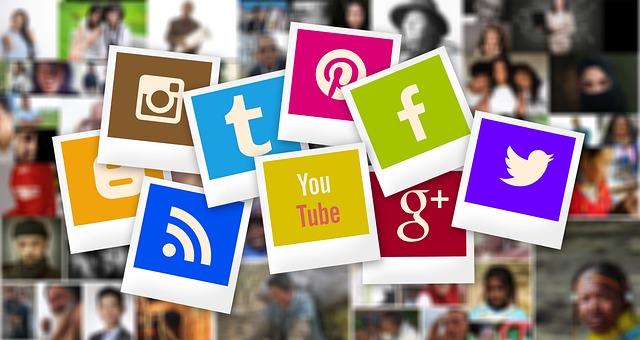Media consumption has increased greatly in recent years and has become an integral part of our everyday lives. Whether we read the newspaper, watch TV, surf the internet or use social networks, media are omnipresent and influence us in many ways.
But how does our media consumption affect us? Is it good or bad for us? And how can we bring it into a healthy balance?
First of all, there are different types of media and therefore different effects on us. For example, consuming news can inform us about current events, but it can also trigger anxiety and stress. Consuming entertainment media such as films, series or computer games can relax us, but can also be addictive and have a negative impact on our time management. Social networks can keep us in touch with friends and family, but also affect our self-esteem when we compare ourselves with others.
It is important to have a conscious approach to media and to be aware of the possible effects of media consumption on us. One way to do this is to set clear rules for media consumption, such as setting aside a specific time per day or week for certain media. It can also be helpful to consciously take breaks and devote this time to other activities, such as sports or reading.
In addition, it is important to consciously choose the type of media and pay attention to how it influences us. For example, news media can bombard us with negative headlines and images, while there are also media that offer us positive news and inspiration. We should also be aware of the role social networks play in our lives and how much time we want to devote to them.
Ultimately, it is about finding a healthy balance in media consumption. Media can offer us many benefits, but can also have negative effects if we consume it too much or in an unhealthy way. By being conscious about our media consumption and setting clear rules and boundaries, we can ensure that we reap the benefits of media without it harming us.
What are the most consumed media?
The most consumed media depend on various factors, such as the age, gender, education level and place of residence of the person. Preferences can also change over time and vary from region to region. Nevertheless, there are some media that are popular in many countries and for different age groups. Here are some of the most consumed media:
- Television: Television remains one of the most widely used media in the world. It offers a variety of programmes, from news and documentaries to entertainment and sports programmes.
- Internet: The internet has grown in importance in recent years and has now become an indispensable part of everyday life for many people. It offers a wide range of possibilities, from searching for information and online shopping to social networking and entertainment.
- Radio: Radio is another popular medium that is particularly attractive to those who like to listen to music or find out about current events.
- Newspapers and magazines: Although consumption of printed media has declined in recent years, newspapers and magazines remain an important source of information for many people.
- Social media: Social media such as Facebook, Instagram and Twitter have gained popularity in recent years and have become an important source of news and information for many people.
It is important to note that media consumption can vary from person to person. Some people prefer traditional media such as television and newspapers, while others prefer to use digital media. Ultimately, which media is used most depends on individual preferences and needs.
How many people are addicted to media?
It is difficult to give an exact figure on how many people are addicted to media, as there is no official medical diagnosis for media addiction. However, there is evidence that a significant proportion of the population is affected by problematic media consumption.
Studies show that certain media-related behaviours, such as excessive playing of video games, excessive use of social media or compulsive internet surfing, may indicate a problematic behaviour called “internet or media addiction”.
According to a study conducted in Germany in 2019 by the health insurance company DAK, about 4% of 14- to 64-year-old internet users in Germany are affected by problematic use of computer games. About 2.6% showed problematic social media use behaviour.
Some countries have set up special facilities that specialise in the treatment of internet or media addiction. In South Korea, for example, the first clinic for internet addiction was opened in 2013. In China, there are now hundreds of such clinics.
However, it is important to emphasise that not everyone who spends a lot of time with media is automatically an addict. Media can play an important role in our lives as long as it is consumed in a healthy way and does not have a negative impact on our lives. Conscious and balanced use of media can help to avoid problematic behaviour.

